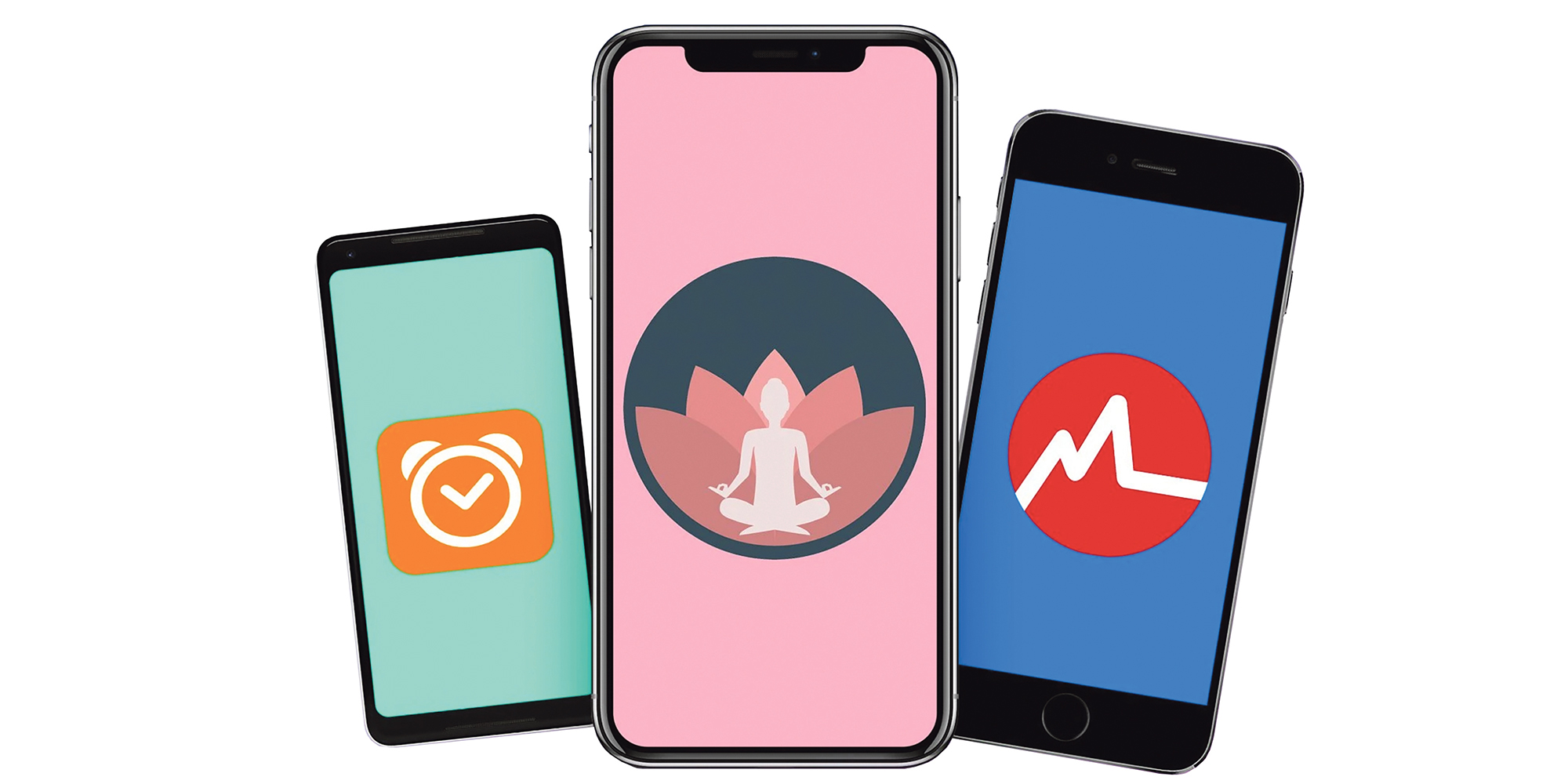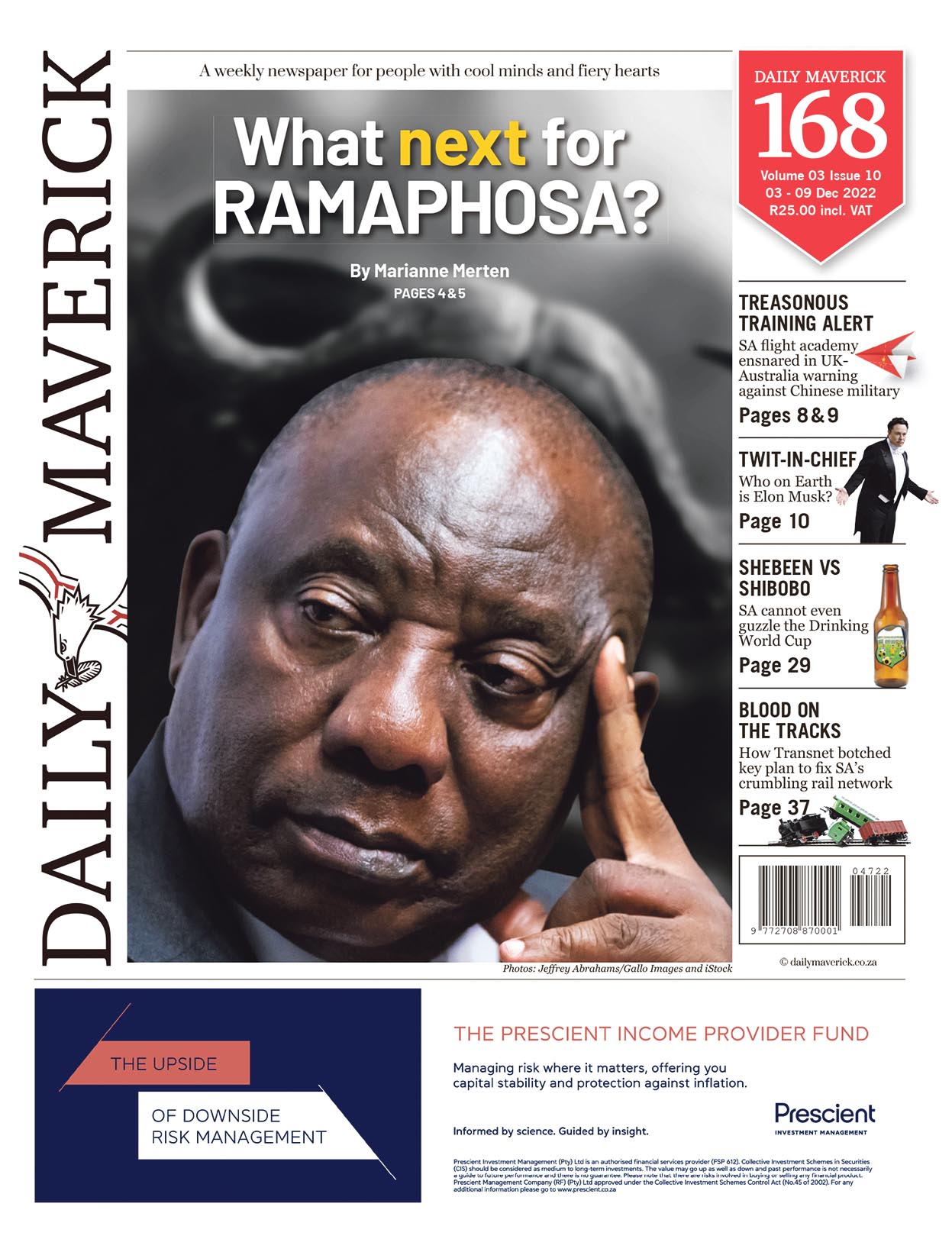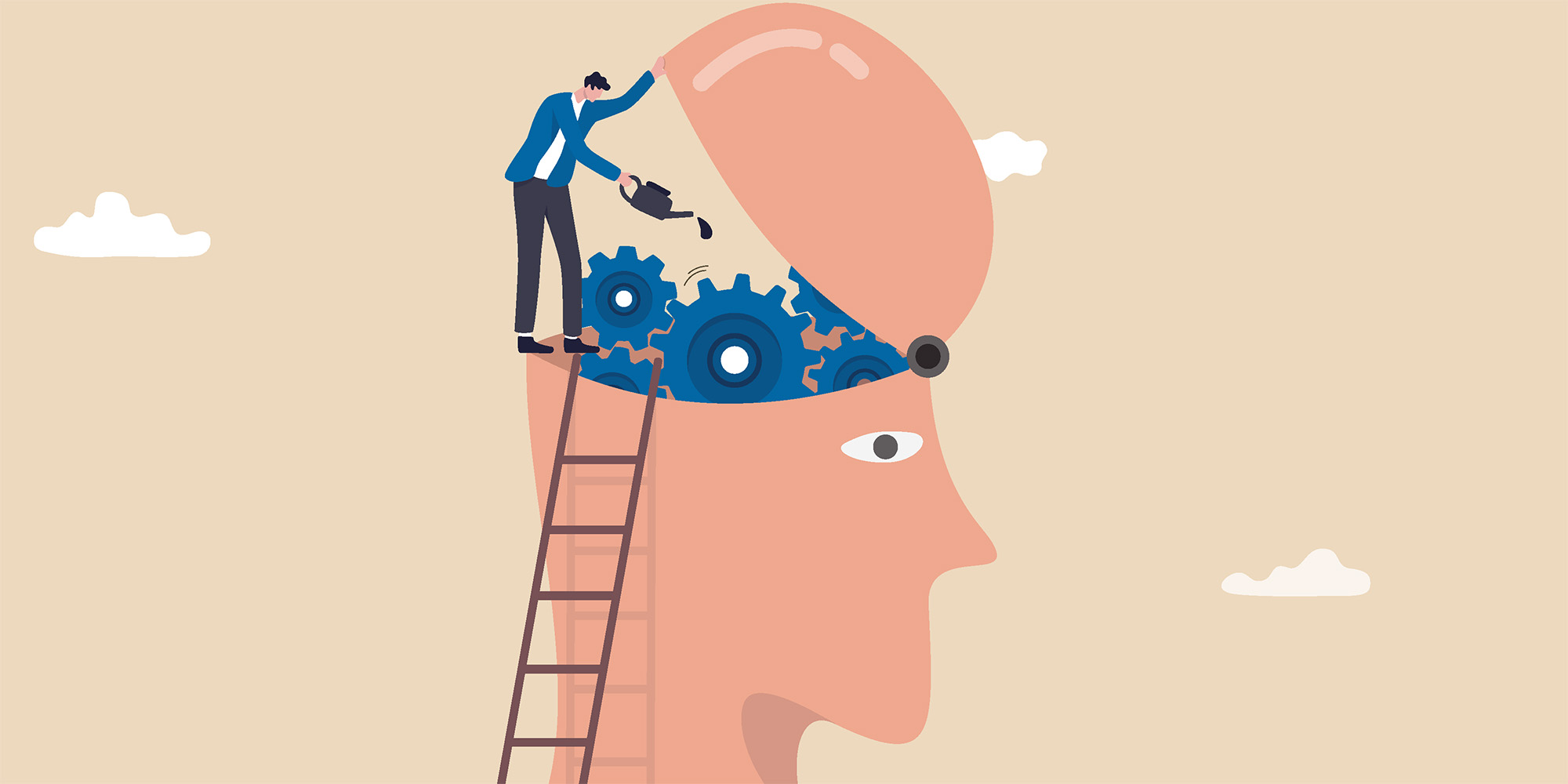I will never forget the day my smartwatch lit up like an angry wasp. The numbers on the tiny screen flashed a heart rate that had scaled to 91 beats per minute, which was not normal for a person merely sitting at the back of a slow-moving car.
The alert pulled me inward. I was sitting in a car in the middle of a foreign country’s highway en route to the airport. As if on a leisurely sunset drive, the Uber driver was cruising along at 50km/h, wholly oblivious to the fact that I needed to be at my boarding gate in 15 minutes. My smartwatch was screaming because my upbringing prevented me from doing so outwardly. For the first time in my life, I learnt what I was feeling from a technological device.
The many mental health apps
A climbing heart rate is quite far from a full-blown panic attack, but the fact that technological devices can detect somatic changes with hair-raising accuracy certainly introduces new avenues of thinking about one’s well-being. Type “anxiety” into the Apple App Store search bar and at least 70 different apps – including Headspace, Calm and Be Okay – will pop onto your screen. There are apps that’ll track your mood, help you take deep breaths and send you positive affirmations. And these are just for anxiety.
 There is little doubt that mental health apps have considerable potential as
There is little doubt that mental health apps have considerable potential as
feasible tools that could help bridge the universal mental healthcare gap. (Illustration: Vecteezy)
Hundreds, if not thousands, more mental health-related smartphone apps (MHapps) exist today to help people manage in a world where nearly one billion of us live with a mental disorder (World Health Organization statistics, June 2022). But while these forms of technology may be meeting a very important global need, early research shows that MHapps face their own set of challenges.
Investing in mental healthcare
The case for ramping up investment in human mental health is premised on a few important assertions, one of which is that from a systemic perspective, improved mental health service provision will undoubtedly strengthen other spheres of human health. According to the WHO, up to 55% of people in developed countries and 85% of people in developing countries are not receiving the mental health treatment they need. In 2019 (before the start of the Covid-19 pandemic), the South African government came under fire, when nearly four years after the Life Esidimeni tragedy, only 5% of the country’s total health budget was spent on mental health services. Researchers at the University of Cape Town cited this figure as towards “the lower end of international benchmarks”, which means that “fewer than one in 10 South Africans living with a mental health condition [receive] the care they need”.
It is against the background of a paucity of investment and subsequent resources that non-governmental organisations such as the South African Depression and Anxiety Group (Sadag) and more recently, associations such as the Counselling Hub have helped strengthen mental healthcare in South Africa through offering affordable or free services.
Circa 2010, the advent of the first MHapp signalled a technology-centred shift with the objective of further bridging the evident gap in mental healthcare intervention. At this stage, the WHO started advocating for the promotion of self-care “through the use of electronic and mobile health technologies” in its Mental Health Action Plan (2013-2020). Most MHapps feature forms of addressing certain mental health concerns through psycho-education, symptom or mood monitoring, self-assessment or community support.
Visit Daily Maverick's home page for more news, analysis and investigations
Taking a few steps further, some MHapps are developed to direct people to local health professionals who then provide therapy or treatment. In the past two years alone, the mental health support apps Panda and Kena Health have been developed to put South Africans in touch with registered healthcare professionals and in the year since Panda’s launch in 2021, more than 30,000 assessments have been completed. Similarly, the Kena Health app, which was launched in March 2022, has reported more than 10,000 consultations conducted.
Mental health apps: challenges
As the evidence supporting the use of MHapps builds, it is important to acknowledge the current challenges associated with it. Two matters often referenced in MHapp literature are connectivity in low-resource settings and the confidentiality of app users’ mental health information.
With only about one-third of South Africans using a smartphone (Statista, 2022), MHapps are limited to those who can access them. Both the Kena and Panda apps target South African users with a smartphone and internet connection. Panda’s founders acknowledge that the application “is not going to serve everyone at this point”. It is hoped, however, that as smartphones become more affordable or fibre becomes more widespread, more people would be able to access the app.
Read in Daily Maverick:
“Openness and connection are the missing links in young people’s mental health struggles”
“Failing state clinics — how technology can bridge the multiple gaps in providing quality healthcare”
Furthermore, ethics surrounding client privacy on some applications may not be as rigorous as those used in traditional healthcare settings. Researchers at Scientific American recently found that in the testing phase of a number of MHapps, developers generally don’t address the ethics or privacy of sensitive data – such as someone’s mental health information. In many cases, it seems developers are “simply testing if the AI algorithms work”.
With more than 10,000 apps currently available and psychological treatment technique research informing myriad apps, it’s become easier for recognised mental health resources and websites to make recommendations. For example, recognised organisations, such as the American Psychiatric Organization, have developed a tool to guide and evaluate different mental health apps, and Sadag has published a list of recommended apps on its website.
With these kinds of endorsements, there is little doubt that mental health applications have considerable potential as feasible tools that could help bridge the universal mental healthcare gap. Even so, MHapps are still considered “a science in its infancy”, which means substantial future empirical research will be called for before official regulation bodies consider them a part of official and acknowledged mental healthcare treatment plans. DM168
Florence de Vries is a communications specialist and journalist whose primary research interests are in the fields of mental health and the ethics of care.
This story first appeared in our weekly Daily Maverick 168 newspaper, which is available countrywide for R25.





 There is little doubt that mental health apps have considerable potential as
feasible tools that could help bridge the universal mental healthcare gap. (Illustration: Vecteezy)
There is little doubt that mental health apps have considerable potential as
feasible tools that could help bridge the universal mental healthcare gap. (Illustration: Vecteezy)